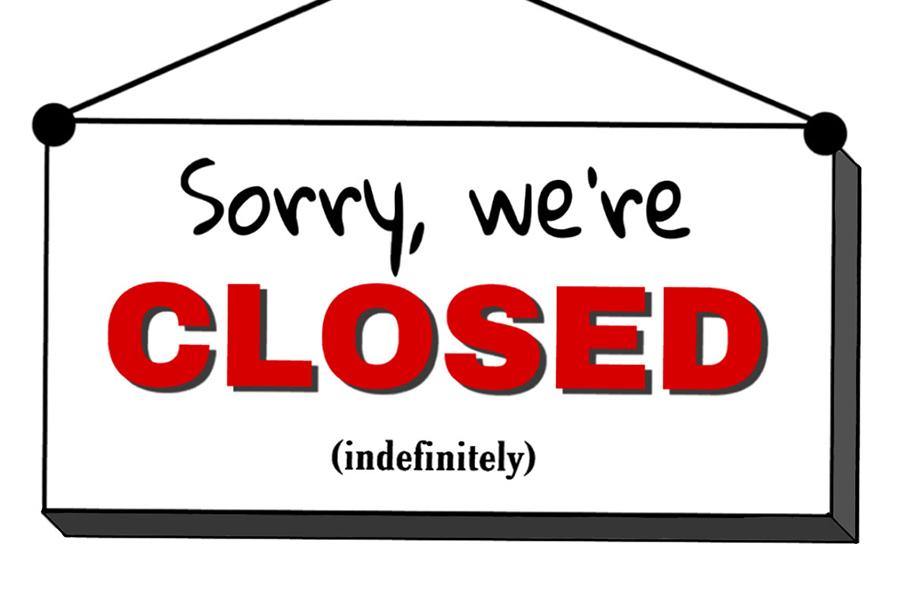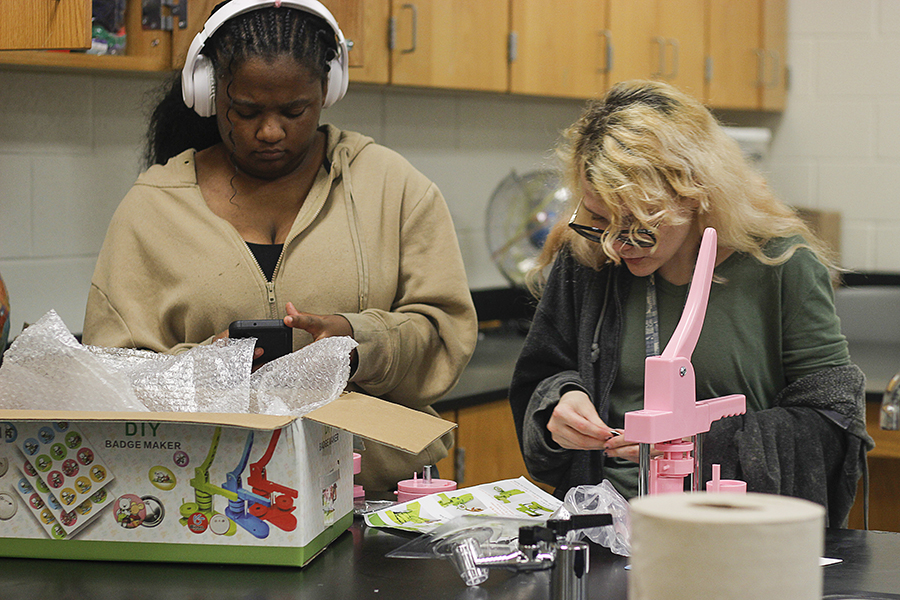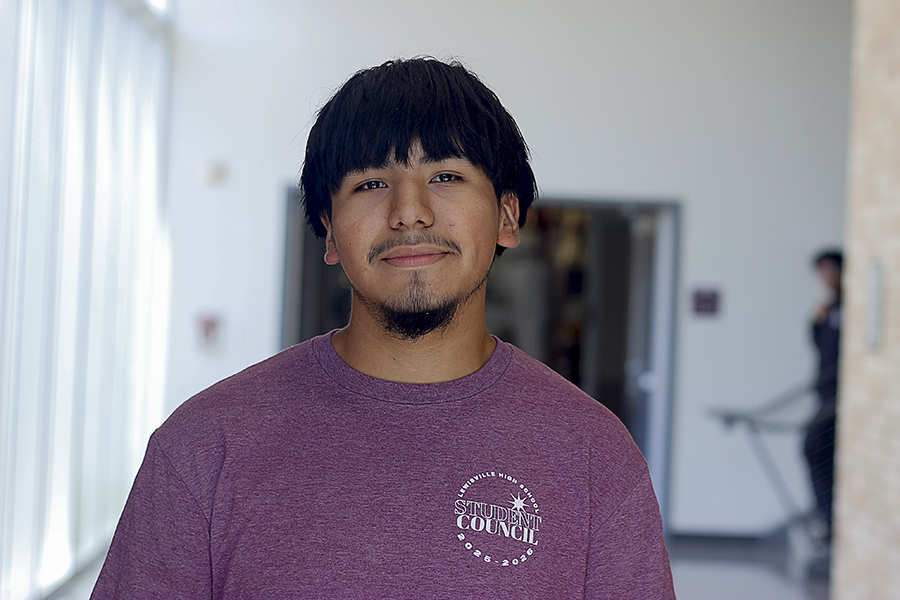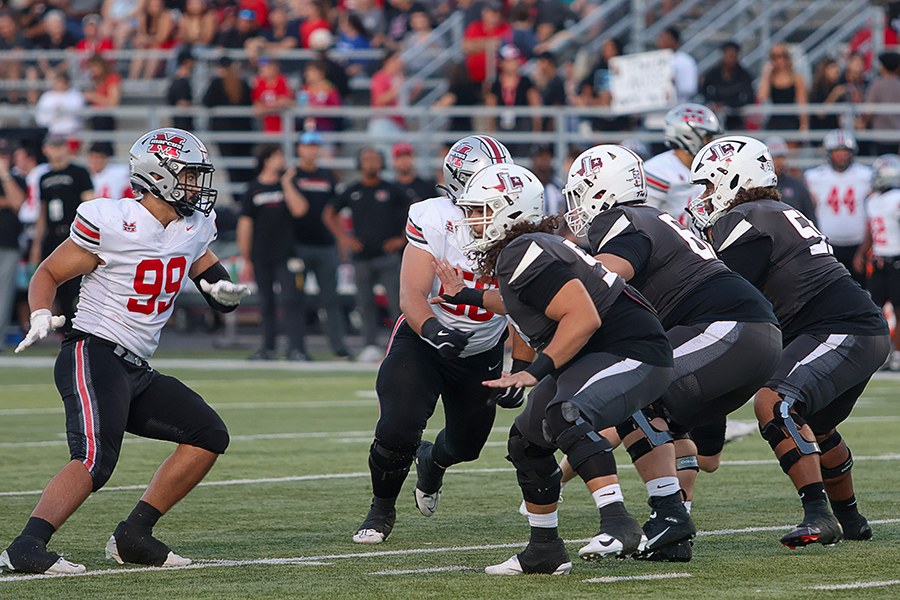As student motivation decreases as online schooling starts up, the impacts COVID-19 has had on people in the workforce is starting to become beyond noticeable. Essential businesses continue to stay open, but everything else is closed indefinitely. Affecting thousands of people and families, they try their best to keep afloat.
“My dad recently lost his job in the oil industry,” sophomore Alisophia Gomez said. “Because of COVID-19, the oil rig industry faced closures because prices hit a historical low.”
Families like Gomez’ face lowered income as parents are laid off. Gomez herself has temporarily lost her job at a local mall, Grapevine Mills. Even though these places have no choice but to let go of a majority of all their employees, it has a massive economic effect.
“I’d say I’m stressed about my expenses I need to take care of that he would help with,” Gomez said. “I am not working either, so it’s hard for me to pay [for] things that are due.”
Besides the financial aspect, stress is high for these people. Not only for the people who are out of work but for the ones whose work has been changed to online or longer hours. Nurses and doctors have extended hours while possibly being exposed to the virus all day long. At UT Southwestern, two floors of patients have been combined into one because of the lack of room.
“On the sixth floor of the professional office building is heart and lung [and] the seventh floor is kidney [and] liver,” LVAD coordinator and RN Mary Hightower said. “Normally those clinics are super busy, it’s hard to get a room. All of those support people who were [working] in support have been shuttled off to do something else like scheduling and calling patients because there’s a whole lot more need to reschedule and call rather than room people. They still have a job, but it’s a different job.”
As well, teacher’s jobs have taken a turn. With everything online, the connections they make with students become difficult. The content of their teaching goes down as a consequence since this isn’t a situation they’ve been trained for. English teacher Chris Archbold has struggled with the transition, so have teachers across the nation.
“The struggle is real,” Archbold said. “We are doing a great deal of online chatting, sharing of resources and ideas, and mostly finding ways to support each other through this very stressful time. We all miss our students and are feeling rather inadequate at times.”
Combined with this stress, Archbold’s husband has lost his job at a local hotel. In addition, their son is home from college, also without a job. Though the trio is handling this pandemic well, financial costs do loom over as an unneeded burden.
“He will receive unemployment income in the meantime, but the cost of medical insurance will probably eat up most of that income,” Archbold said. “The government stimulus funds will probably go almost entirely to maintaining benefits.”
Despite the chaos this pandemic has caused, workers all over are adapting to their new lives for the indefinite future. From health professionals being overworked to some not even getting a paycheck anymore, the community hopes for this to end soon.
“I think normal is not going to come back for a while in terms of having the restrictions lifted and COVID-19 under control,” Hightower said. “I feel scared when I go to the grocery store. We’ve got to social distance, [we] just got to.”















